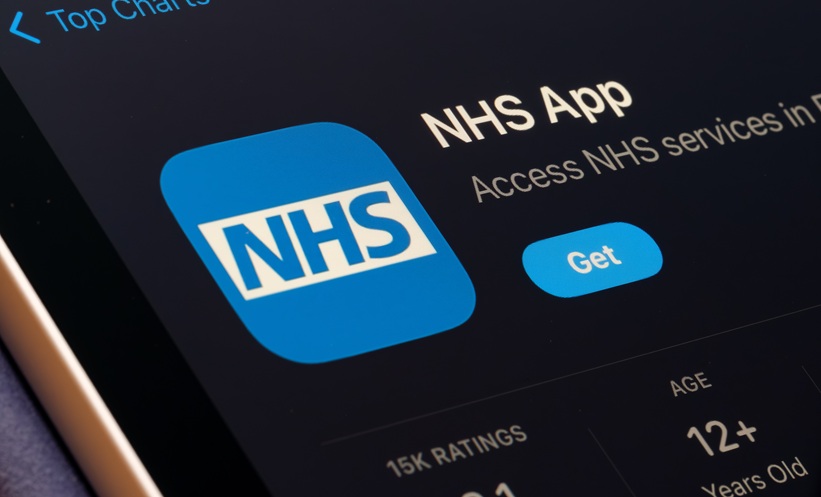ATTENTION-deficit/hyperactivity disorder (ADHD) is one of the most prevalent neurodevelopmental disorders in school-aged children, affecting around 5.9% globally. Characterised by inattention, hyperactivity, and impulsivity, ADHD significantly impairs executive functions (EFs) such as inhibitory control, working memory, and cognitive flexibility, as well as motor skills.
These challenges affect children’s academic performance, emotional regulation, and social interactions, placing a considerable burden on families. While stimulant medications like methylphenidate (MPH) are commonly used to manage symptoms, many children experience adverse effects or limited benefits. Nonpharmacological approaches, including cognitive behavioural therapy and physical activity, have gained interest as alternatives.
Recent studies have shown that exercise interventions can improve ADHD symptoms and enhance EFs. However, traditional face-to-face programmes often encounter barriers such as cost, time, accessibility, and a shortage of trained professionals. This has led to growing interest in mobile health (mHealth) solutions, which use smartphone technology to deliver health interventions remotely. In countries like China, where nearly a billion people use smartphones, mHealth presents a promising avenue for accessible, affordable, and personalised care.
To address these challenges, a new mHealth tool called Ledongying was developed. This system comprises a mobile app and back-end server designed to provide tailored exercise programmes supervised by a child’s guardian, based on initial assessments. The study evaluated the effectiveness of this intervention in reducing core ADHD symptoms and improving EFs, compared to both traditional in-person exercise interventions and minimal education-based interventions. Results indicated that the mHealth approach was as effective as traditional methods and outperformed minimal interventions in most cases.
This research suggests that mHealth could play a vital role in managing ADHD, particularly for families unable to access conventional treatment. By offering flexible, engaging, and cost-effective solutions, mHealth-based exercise rehabilitation could significantly enhance ADHD care. Further large-scale trials are needed, but early findings offer hope for a more inclusive and practical approach to ADHD treatment in children.
Reference
Zhu F et al. Efficacy of a mobile health with tailored personalized exercise rehabilitation program for ADHD children: randomized controlled trial. J Affect Disord. 2025;387:119495.








